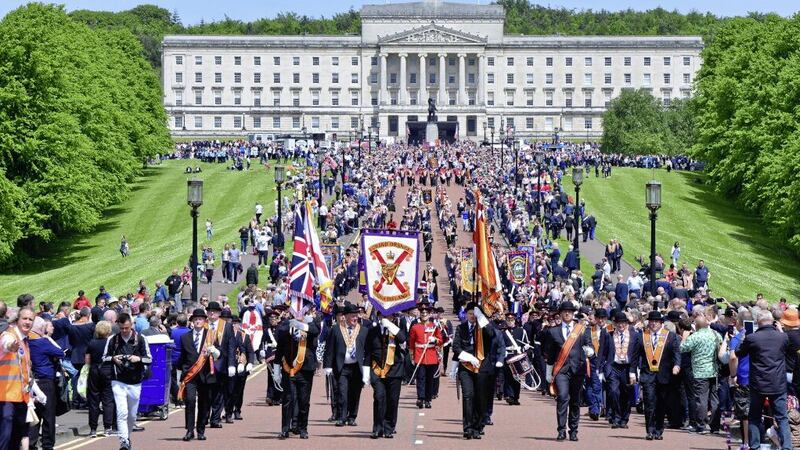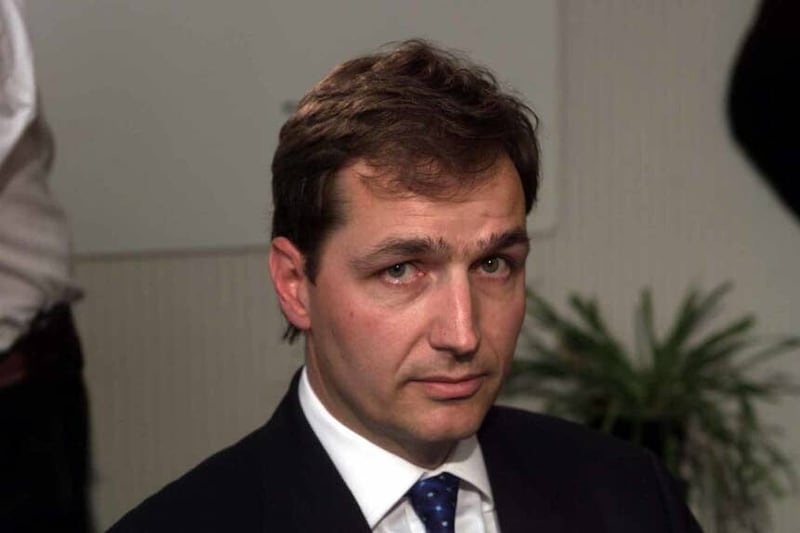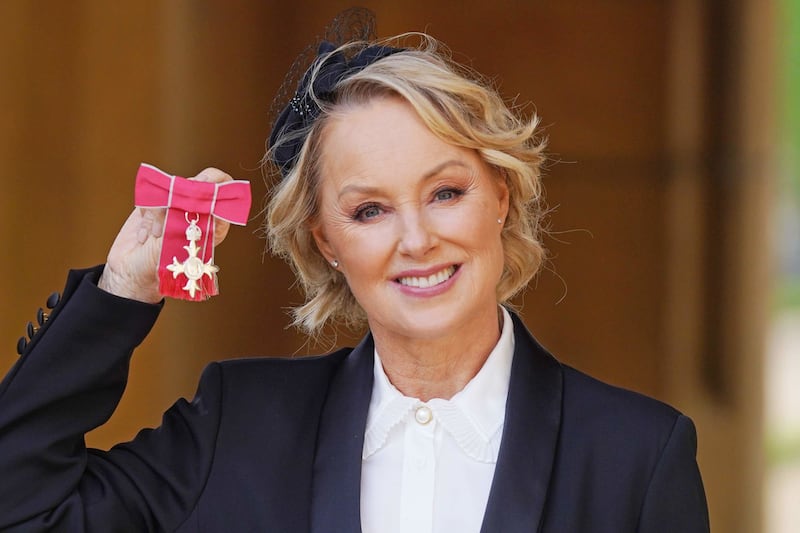Another new year means another New Year’s Honours list and that means that Britain’s medieval class system of monarchs, nobles and knights is alive and well. To some, the honours system seems a harmless preservation of tradition, a bit like Morris dancing or the re-enactment of long-forgotten battles.
However, preserving a system of social class based on inequality is hardly in keeping with current equality legislation, particularly since the selection process is completely secret and apparently uses only favouritism as its sole criterion.
Indeed the idea of someone becoming “ennobled” by having an unelected monarch touch them on the shoulder with a sword is not just plain silly, it is an insult to human intelligence.
Read more: Patrick Murphy: Can we please start, Mr Murphy, by agreeing what a university is actually for?
So what is the point in it all? Well, there are several reasons for it. Primarily, it is a giant confidence trick to condition the British public into believing that inequality is somehow good for them. To achieve this, it attempts to confer respectability on the class system by also giving “honours” (although of a much lesser status) to the lower classes.
In that way it projects and protects the ridiculous idea of an unelected head of state, who sits majestically (and unelected) at the top of Britain’s social pyramid.
It also allows political parties to reward their benefactors and by dressing up the entire system in the name of the British empire, it retrospectively attempts to justify a shameful history of repression, which led to the deaths of unknown millions across the globe, including in this country. The honours system rewrites history.
Read more: Patrick Murphy: Bah, humbug – welcome to the world of Ebenezer Stormont
Finally, it contains a huge dollop of populism designed to isolate the likes of the “Not my king” protesters at the coronation. Welcome to the twice-annual pageant of Britain’s class system (there is another honours list issued on the king’s birthday).
So the British are regularly conditioned to be grateful for being ruled by a self-appointed king, who is somehow superior to everyone else. (As head of the Church of England, he is also self-anointed.) In a rational response to this, there is a growing republican movement in Britain, called Republic, which now has 140,000 registered supporters and 10,000 members.
Read more: Patrick Murphy: Sham fight over Europe only diverts attention from sham assembly
This shows there are more republicans in Britain than in Ireland. Self-styled Irish republicans still believe in the legitimacy of the British monarchy, thereby displaying a remarkably limited understanding of the concept of republicanism.
The absurd nature of the entire ritual is that people are given honours for what can only be described as obscure reasons. This time around there were honours for “services to football” (what does that mean?), “services to literature” (how do you provide a service to literature?) and “services for expanding Social Mobility” (honestly).
So why does everyone who plays football not receive an honour? Ah, that’s the secret of it all. You see, if you doff your cap to authority, the Establishment’s Fairy Godmother might well reward you some day too.
The honours system is just another political device used by the powerful to retain power
And then there is the populist nature of it all. In 2018 Paula Vennells, head of the Post Office, became a Commander of the Most Excellent Order of the British Empire (CBE), a year after hundreds of post office operators launched legal actions against their wrongful convictions.
Read more: Patrick Murphy: Lord, grant us a united Ireland, but not just yet
The honour deemed her a person of impeccable character, which raises the question as to whether this was an attempt to strengthen her defence in the ensuing legal proceedings against her.
Now that a public inquiry (and a television drama) have shown Mrs Vennells to be somewhat less impeccable than Her Majesty suggested, the king has awarded OBEs to four subpostmasters who were wrongly prosecuted. Their awards were “for services to justice”. What a wise and just king he is. (Although we might ask why all wrongly convicted sub-postmasters were not deemed to be equal of recognition.)
Read more: Sir Alan Bates learned of knighthood while watching Paula Vennells at inquiry
However, if the king’s government wishes to advance the cause of justice, they might listen to the four, who pointed out that they would rather receive their overdue compensation than an award. It is tempting to assume that the awards system is now being used to cover up the government’s failure to compensate victims of Britain’s greatest ever miscarriage of justice. Less than 100 of the 900 wrongly convicted sub-postmasters have been fully compensated so far.
So at its core, the honours system is just another political device used by the powerful to retain power. It is unlikely ever to disappear, because it sells the concept of social status, otherwise known as snobbery – and there will always be a market for that in Britain.










